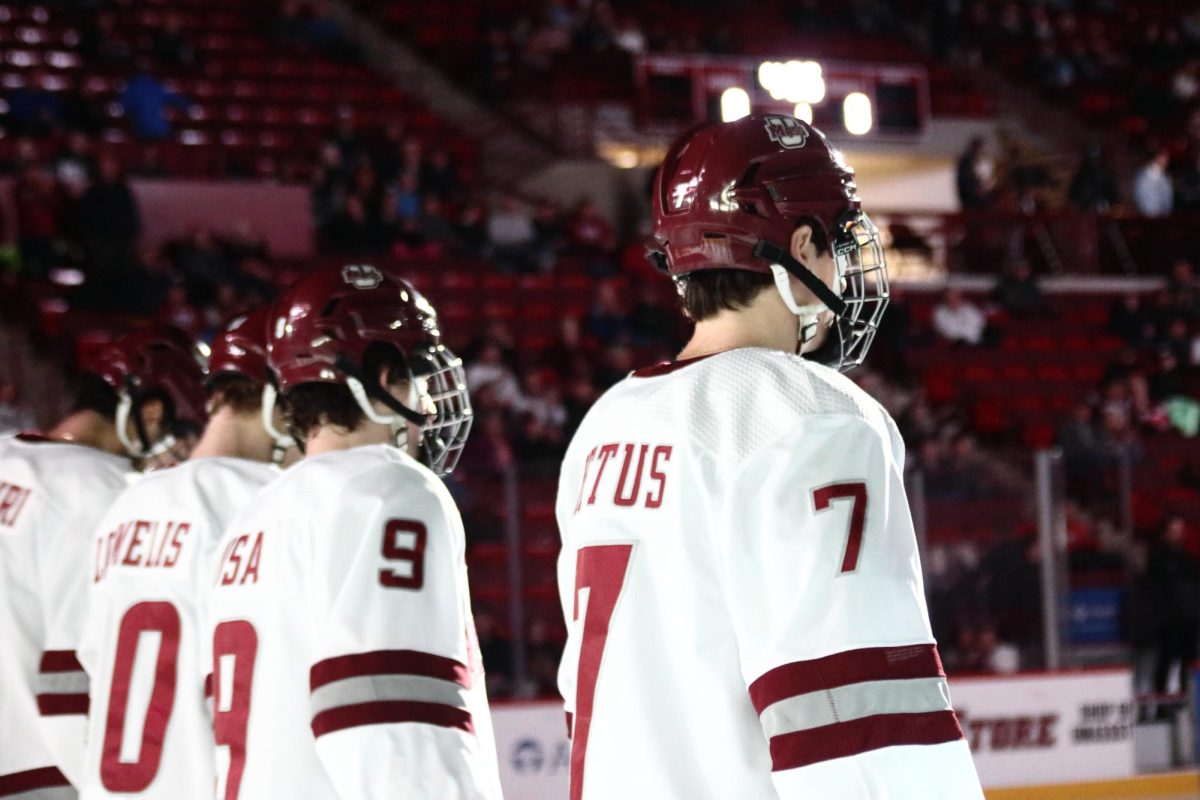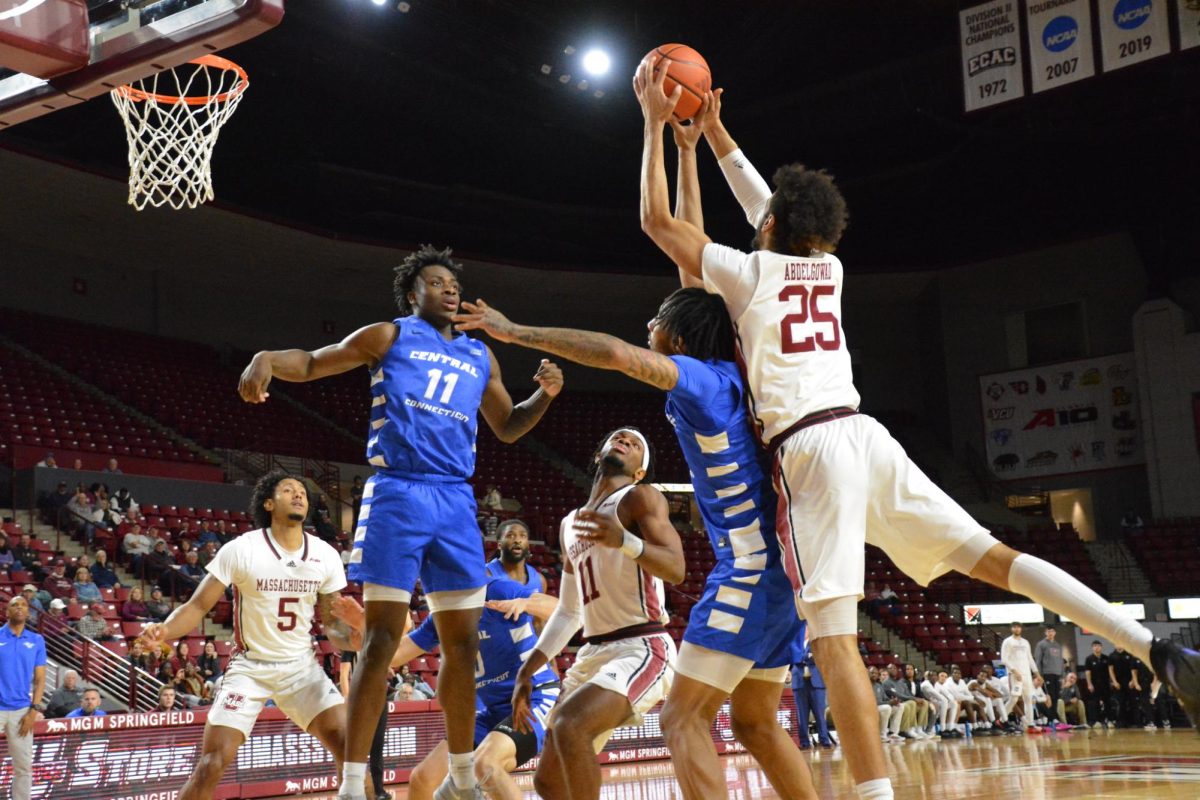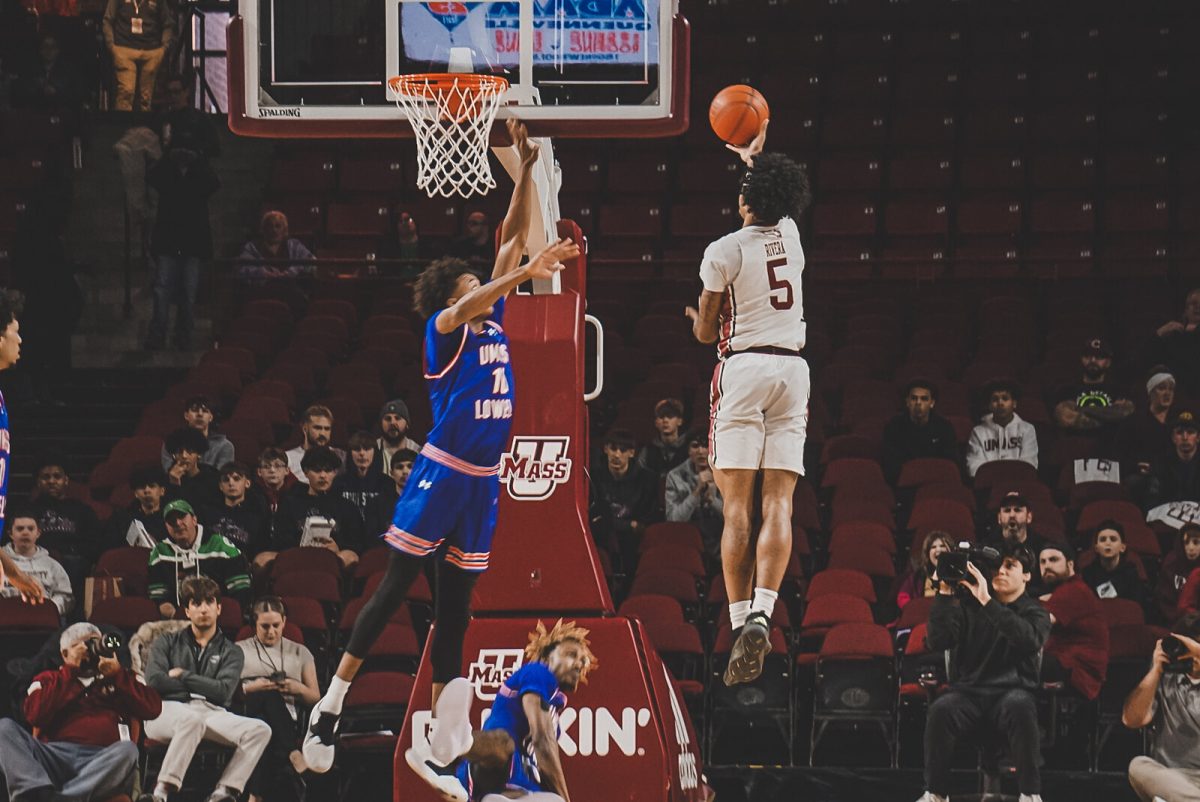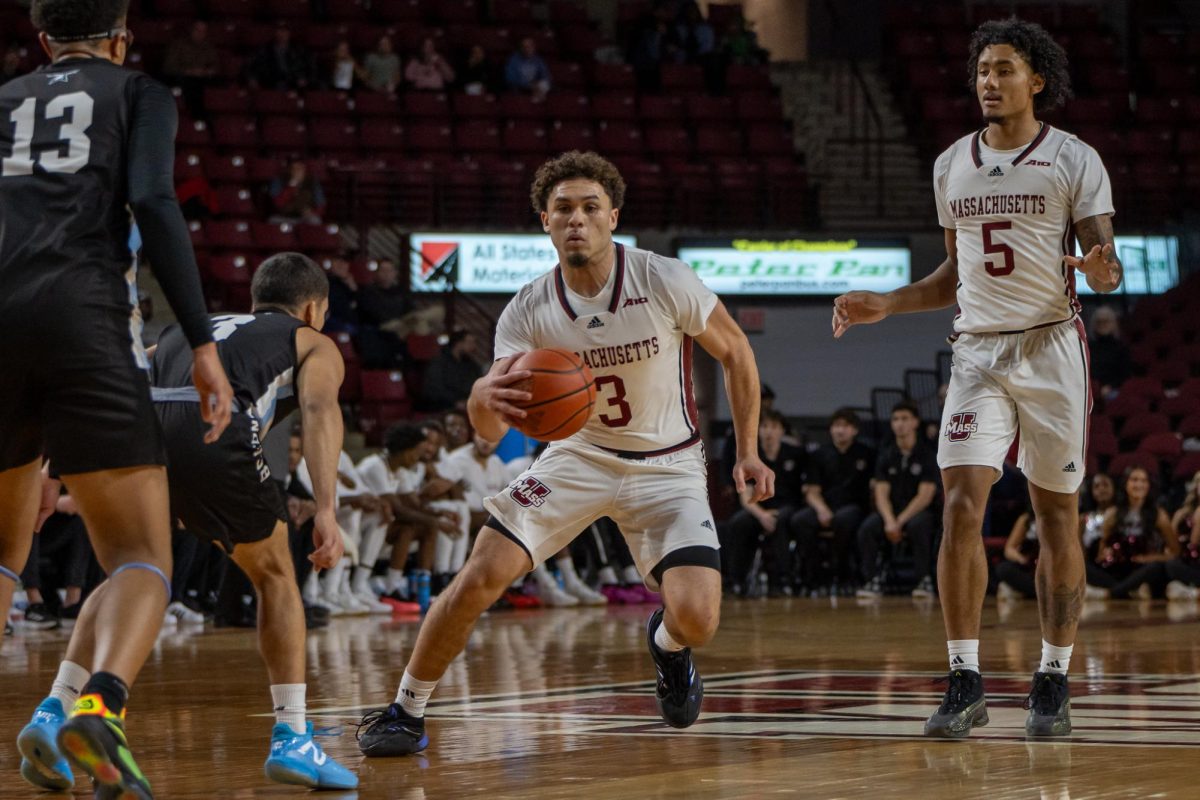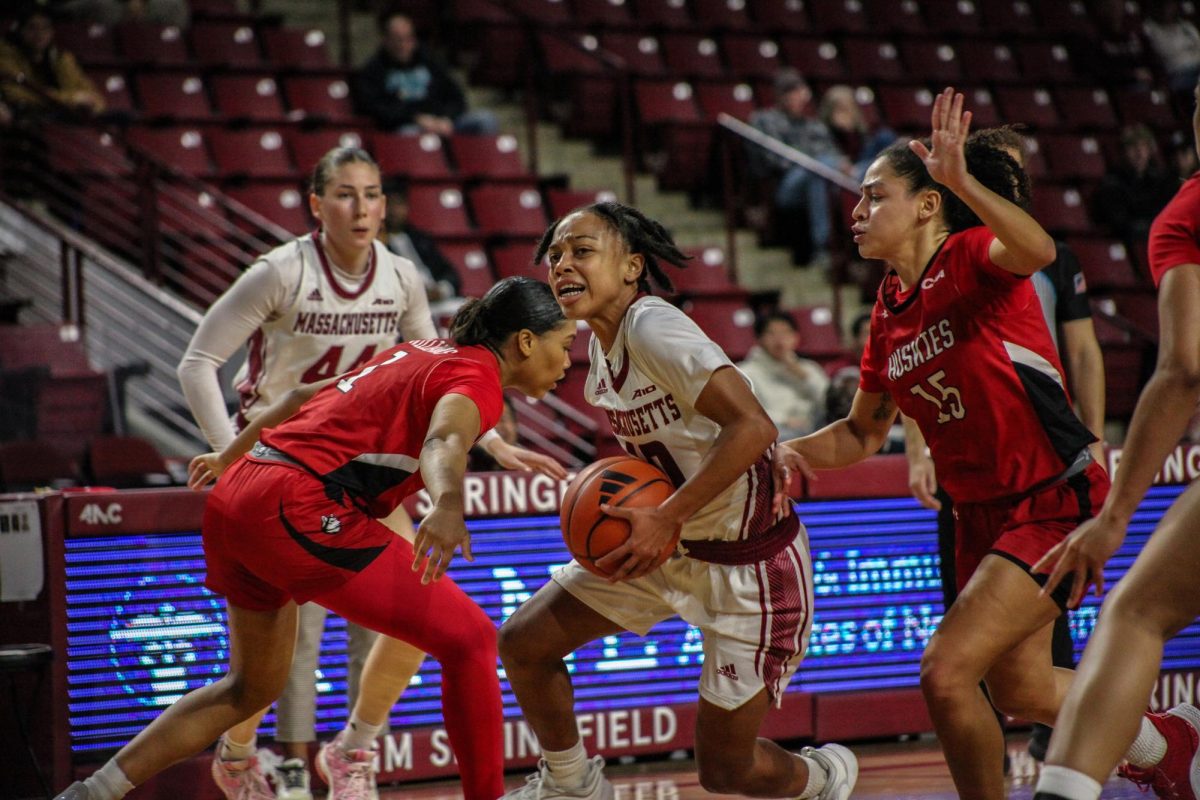Is the use of adjunct faculty in higher education a national disaster in the making? Michael Dubson seems to think so. He is the editor of a recent book, Ghosts in the Classroom: Stories of College Adjunct Faculty-and the Price We All Pay. He will be delivering a lecture based on the book at Food For Thought Books on Tuesday at 7 pm.
The lecture is another installment in the Food For Thought Reading Series. According to Joan Barberich, Publicity Coordinator for Food For Thought, the series showcases authors and scholars from a wide variety of disciplines. The talks are intended to boost publicity for the speakers’ work, educate the public of Amherst, and draw customers to Food For Thought, Barberich said. Previous talks have featured Agostin Lao-Montes, a scholar of Latino culture, and Bill Storandt, who read from an autobiography about gay life and sailing the high seas.
Adjunct faculty are hired by colleges and universities to do a professor’s job, but are denied the tenure, health insurance and other benefits usually given full professors.
The trend, according to Dubson’s book, “began innocently enough, as bad things often do.” Experts were brought in to “teach on the side,” but continued to support themselves with another career.
According to Dubson and the essayists in Ghosts, colleges and universities have come to rely heavily on adjunct faculty, compromising the quality of the education students receive. They foresee a coming breakdown of higher education in America if the use of adjunct faculty continues.
Barberich said that this talk should be especially interesting to students in the UMass community, but that the problem of adjunct faculty is also a workers’ rights issue.
“You have all of these talented people,” Barberich said, “and they’re getting trapped in this system.”
“Adjunct faculty are the underclass of higher education: a combination of migrant workers, sweat shop staff and slaves,” Dobson remarked in the introduction to Ghosts. “No one can justify and endorse such treatment without first dehumanizing the person doing the job.
“If teaching college is a profession, then all of the people doing that work needed to be treated as professionals,” Dobson went on. “If teaching college is not a profession, or important work, then we need to stop lying to ourselves and one another about what a college education is all about, and what is really going on in college classrooms.”

